Peculiarities of the organization of mass media work in de-occupied territories were discussed by representatives of regional and local mass media, as well as displaced journalists with media trainer and political analyst Oleksandr Narbut at the Zaporizhia Journalists’ Solidarity Center (JSC) of the National Union of Journalists of Ukraine (NUJU) during the training titled Information De-Occupation. Role Of Local Media In The Process.
“First of all, I want to emphasize that informational de-occupation has different approaches: for regions that have been recently occupied, for regions that have been occupied since 2014, and for the residents of Crimea. We must be clearly aware of how to act most effectively,” Oleksandr Narbut noted.
The participants in the training considered the first approach since Zaporizhia media people need to pay attention specifically to the recently occupied territories.
The trainer noted that the task of journalists is to provide their audience with specific information to carefully check the sources of this information. After all, the media must understand how high the price of each word printed or spoken on the air in the de-occupied territory is. After all, before liberation from the enemy, only russian media propagandists were active here, sowing fear and disbelief, convincing people that Ukraine had forgotten about them. If we add the psychological state of those who survived the occupation and famine, it becomes clear that the main task of any Ukrainian media in the de-occupied territory is to restore peace and stability to the people to help overcome the humanitarian catastrophe.
“You provide the product which always has a consumer. Be needed by your audience. The press occupies a niche that cannot be filled with telegram channels. You make what one can hold in one’s hands, listen to on the air, or watch on television. The Internet does not have this property,” the speaker noted.
At the training, they talked about the importance of influence groups in this activity, on which journalists should rely, about the balance of facts and opinions presented to a vulnerable audience by any media that started working in the liberated territories, about informational de-occupation plans that should already be worked out.
“Information for the newly liberated territories should be focused on the humanitarian component. It should outline care. People need to return to stability and believe that everything will be fine. And here we, journalists, play a huge role. Not only must we inform the population, but also help coordinate and resolve humanitarian issues. In addition, society needs to know what is happening in the de-occupied territories, what the occupation is, and the aggressor in general. This is all the work of journalists. We now have a very serious mission. Now is the moment when it is necessary to talk about specifics and create plans for all methods of de-occupation. This is the main conclusion of our training. And this is exactly what we started working on together with the coach,” noted Svitlana Karpenko from the front-line city of Orikhiv, the editor of the Trudova Slava newspaper. The publication revived its work two months ago thanks to the activities of the NUJU‘s JSCs and the help of international partners.
Call the Zaporizhzhia JSC at 096 277 5352 (Nataliya Kuzmenko and Valentyna Manzhura, the co-coordinators of the JSC)
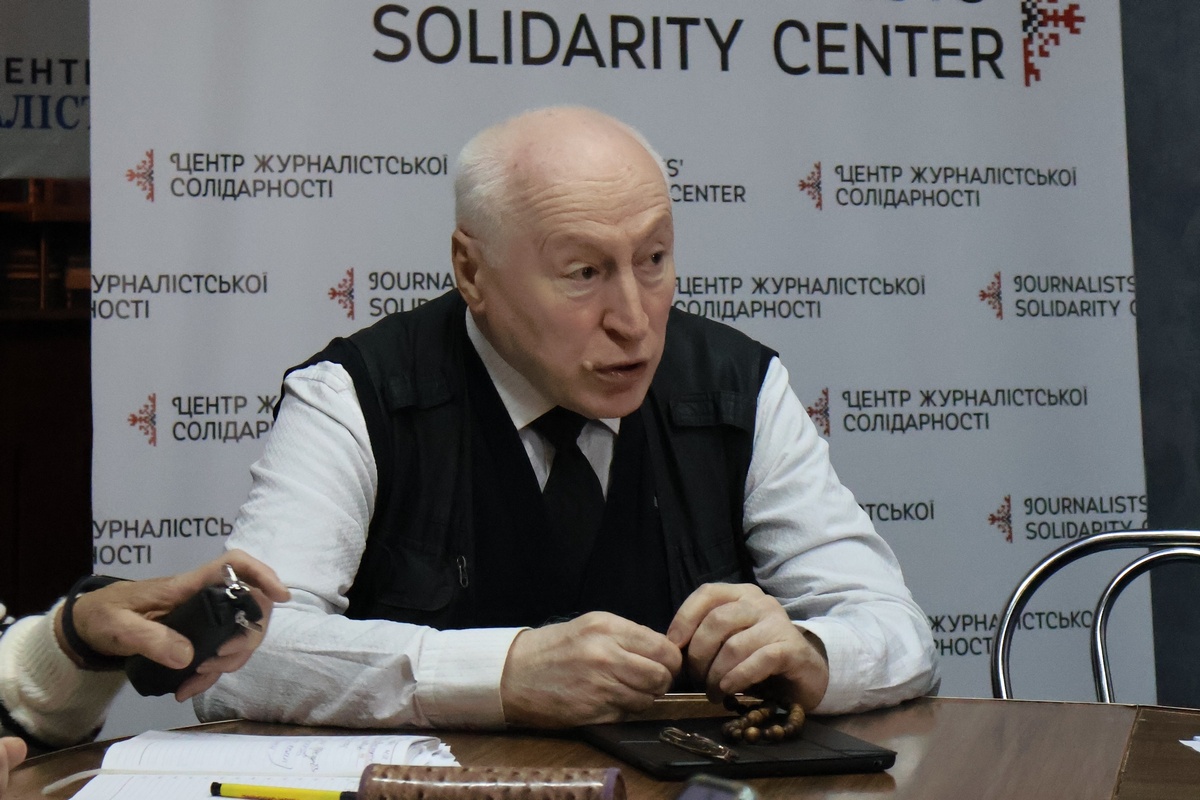
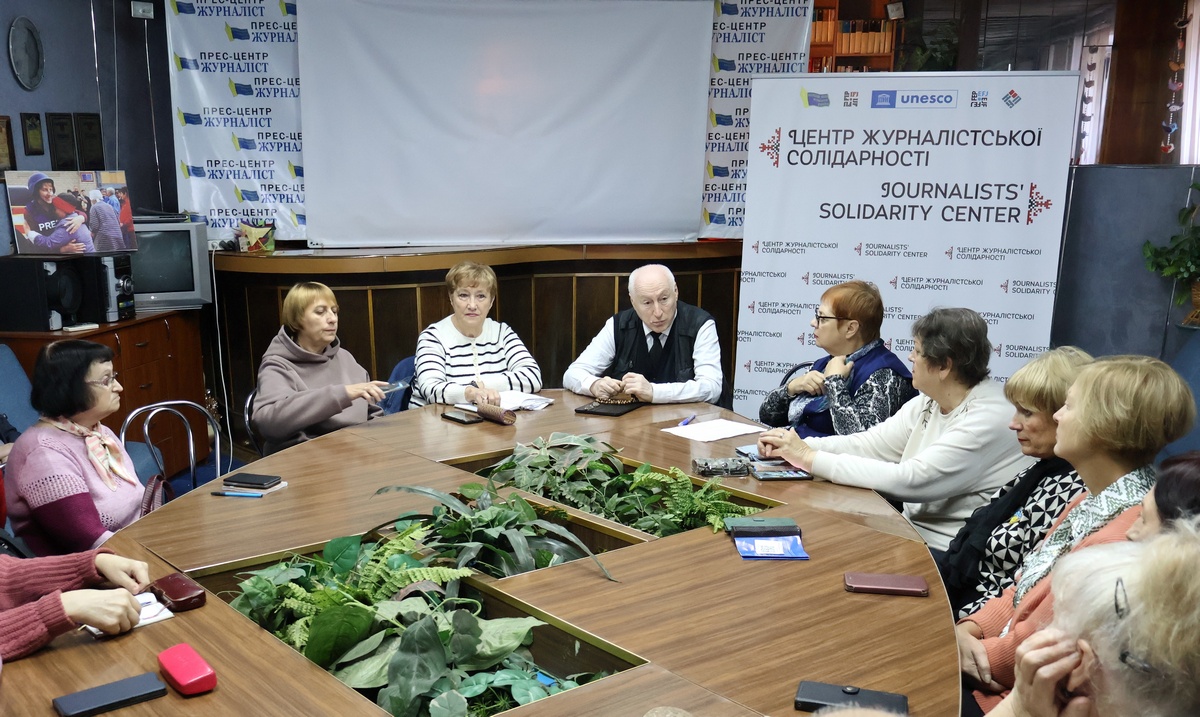
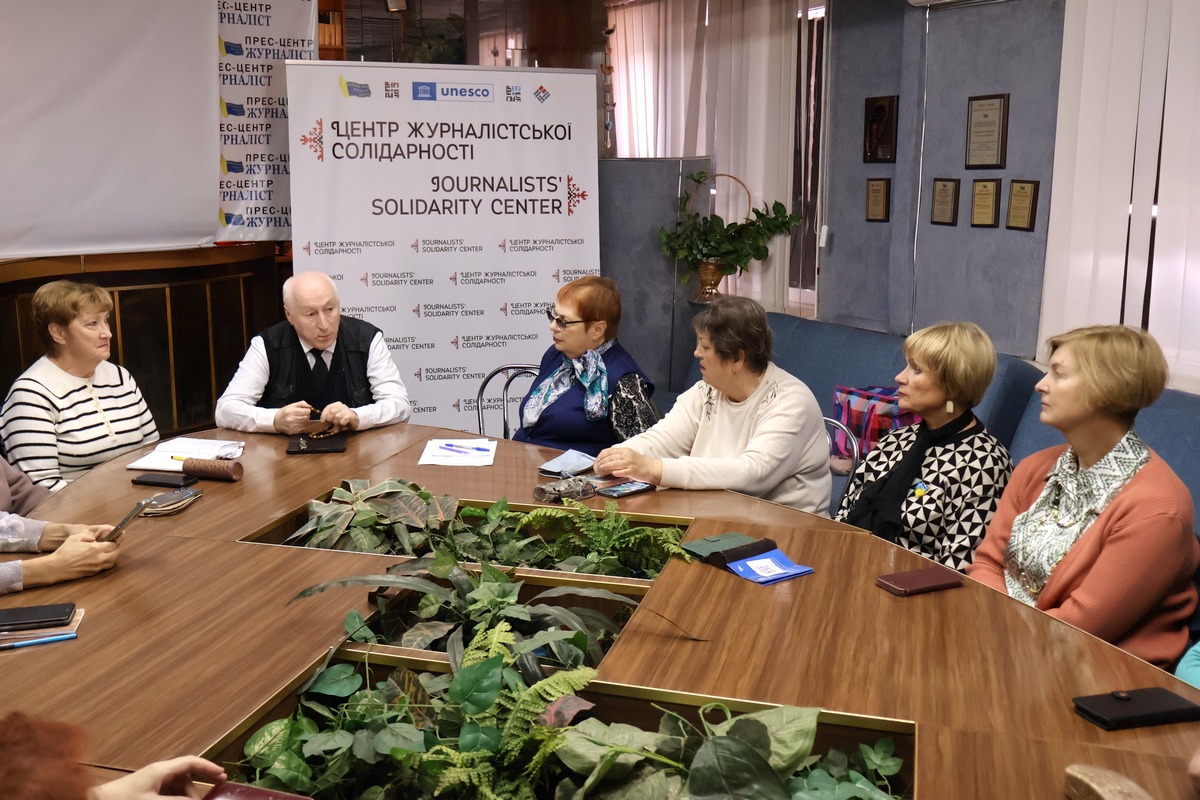
ABOUT JSC
The Journalists’ Solidarity Centers is an initiative of the NUJU implemented with the support of the International and European Federations of Journalists and UNESCO. The initiative is designated to help media representatives working in Ukraine during the war. The Centers operate in Kyiv, Lviv, Ivano-Frankivsk, Chernivtsi, Zaporizhzhia, and Dnipro and provide journalists with organizational, technical, legal, psychological, and other types of assistance.
ABOUT UNESCO
UNESCO is the United Nations Educational, Scientific, and Cultural Organization. It contributes to peace and security by promoting international cooperation in education, sciences, culture, communication, and information. UNESCO promotes knowledge sharing and the free flow of ideas to accelerate mutual understanding. It is the coordinator of the UN Action Plan on the Safety of Journalists and the Issue of Impunity, which aims to create a free and safe environment for journalists and media workers, thus strengthening peace, democracy, and sustainable development worldwide. UNESCO is working closely with its partner organizations in Ukraine to provide support to journalists on the ground.
The designations employed and the presentation of material throughout this digest do not imply the expression of any opinion whatsoever on the part of UNESCO concerning the legal status of any country, territory, city, or area or its authorities or concerning the delimitation of its frontiers or boundaries.
The authors are responsible for the choice and the presentation of the facts contained in this digest and for the opinions expressed therein, which are not necessarily those of UNESCO and do not commit to the organization.
Valentyna Bystrova
Photo by Dariya Zyryanova

 THE NATIONAL UNION OF
JOURNALISTS OF UKRAINE
THE NATIONAL UNION OF
JOURNALISTS OF UKRAINE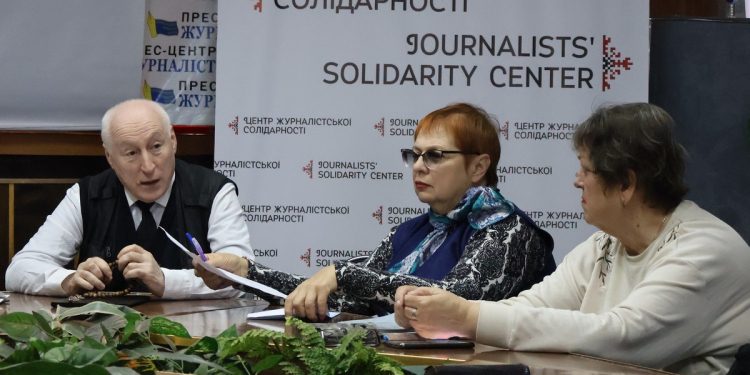
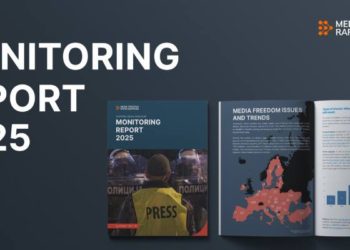
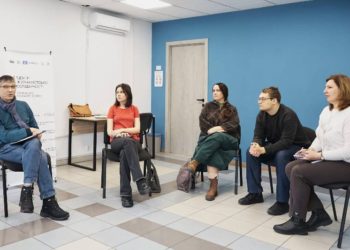
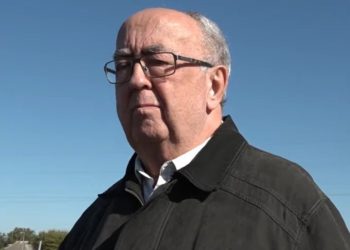













Discussion about this post